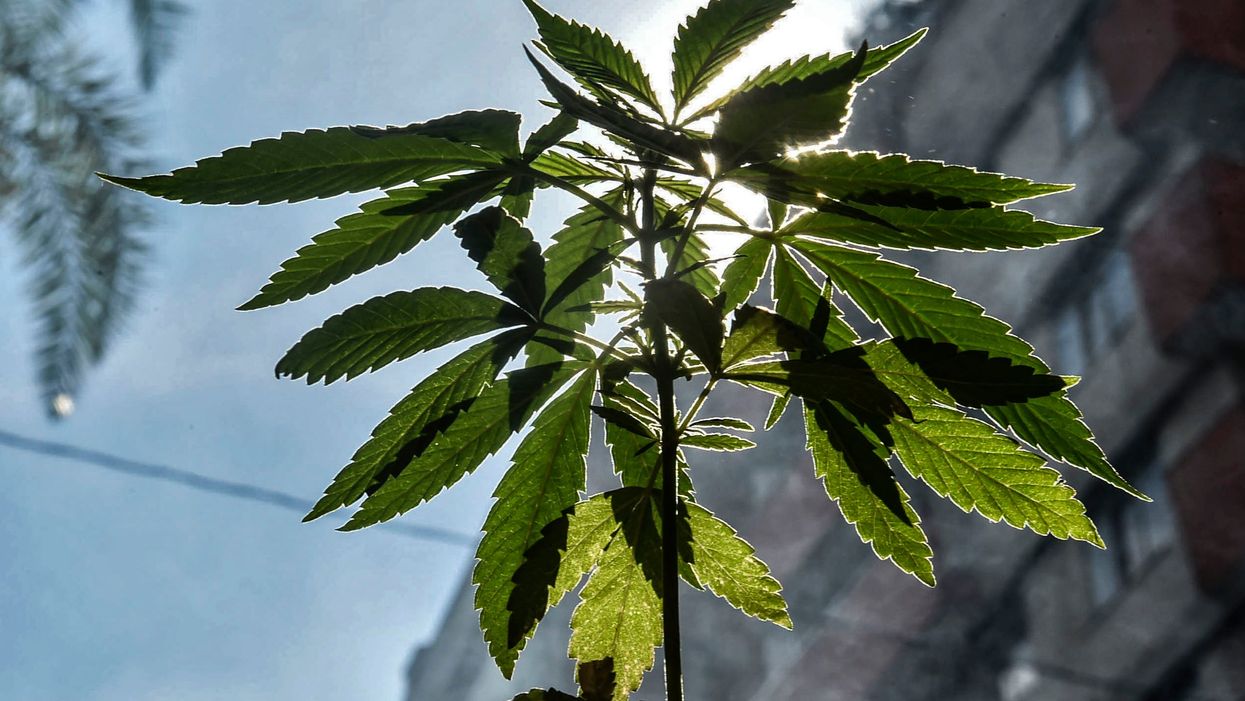
Cannabis-based antibiotics will likely be prescribed on the NHS in five years and could save “hundreds of thousands” of lives globally, a leading neurologist has said, after a study found cannabidiol (CBD) to be effective at killing antibiotic-resistant superbugs.
The problem of antibiotic resistance is described by the World Health Organisation as “one of the biggest threats to global health, food security, and development today”.
Such infections already claim more than 35,000 lives each year in the US alone, and the UN warns this annual death toll could rise to 10 million globally if no solution is found.
But in January, research at the University of Queensland, published in theCommunications Biology journal, found that CBD – the main non-psychoactive component in cannabis – was not only able to kill the bacteria responsible for “super gonorrhoea”, meningitis and legionnaires disease, but also showed “a low tendency to cause resistance in bacteria”.
The researchers suggested the breakthrough could lead to the first new class of antibiotics for resistant bacteria in 60 years.
However, possibly due to the way that CBD binds to blood plasma, it was only found to be effective as a topical treatment and not when injected into the bloodstream – so scientists must first find a way to overcome this hurdle before it can be synthesised into a pill that can truly fight off infections at a systemic level.
Professor Mike Barnes – a medical cannabis expert who fought successfully to bring Sativex available to people with multiple sclerosis (MS) in the UK – suggested that, if science can deliver them, CBD-based antibiotics could be available on the NHS in a matter of years.
“I think we’re five years plus away, a pessimist might say 10 years, I think that’s too much given the plethora of research at the moment,” Prof Barnes told The Metro.
“I think it’s potentially really exciting and yet another thing that cannabis does, so we should embrace cannabis as a medicine because it does so many different things.”
He said that he expected UK regulators would approve such a treatment, adding: “To get something that helps against this antibiotic-resistant gonorrhoea, which is a WHO top priority, you would hope that it would be fast-tracked through the approval system to get this onto the market as soon as possible.”
Asked how many lives he thought CBD-based antibiotics could potentially save, Prof Barnes said: “I would have thought we’re looking at hundreds of thousands globally but more particularly it helps the quality of life because persistent gonorrhoea is a very debilitating disease.
“There’re the lives saved but perhaps more importantly there’s much bigger numbers of people who could be less debilitated.”
And CBD is not the only cannabinoid to show promise in fighting superbugs – with a 2020 study at Ontario’s McMaster University highlighting cannabigerol (CBG) as particularly effective at killing MRSA.
And with cannabis containing dozens of similar compounds, Prof Barnes suggests this could be just “the tip of the proverbial iceberg”.
More: Do large corporations need to be more open about their energy consumption?













